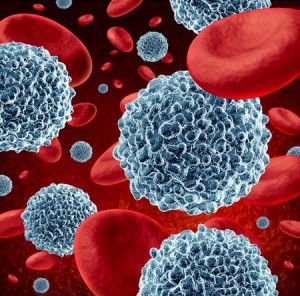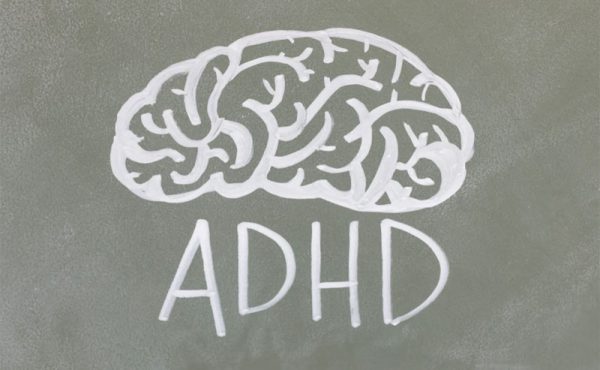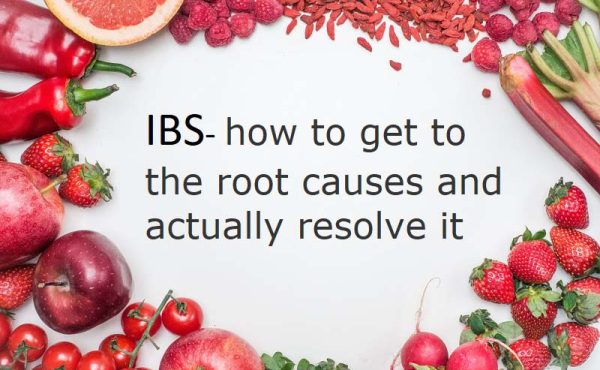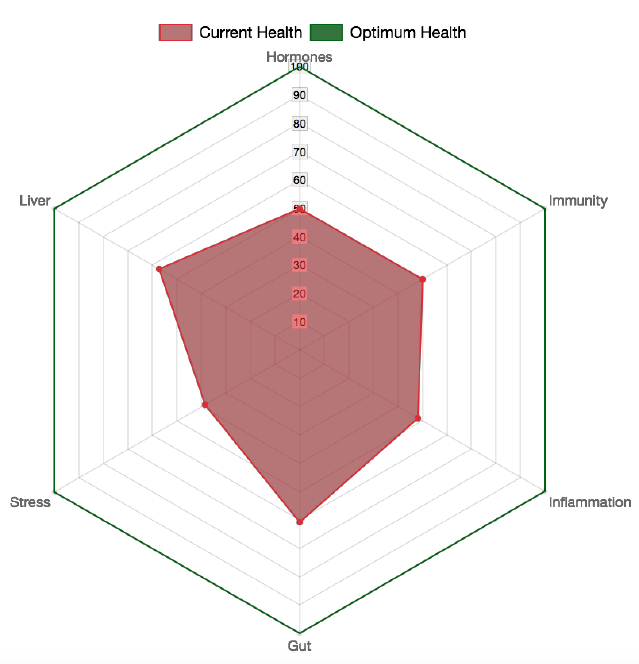Immune System Attack
What to do when your immune system attacks your body
Even if you don’t have an autoimmune condition, you probably know somebody that does. Autoimmunity (when your immune system is over-activated and attacks diverse body tissues) can present in many different forms.
These are some of the more common conditions: Coeliac disease, Type 1 Diabetes, Multiple Sclerosis, Hashimoto’s Thyroiditis, eczema and psoriasis, rheumatoid arthritis, asthma, Chron’s disease and ulcerative colitis. There are many others and research about some conditions being linked to autoimmunity is just emerging.
Autoimmune epidemic
We are in the middle of an autoimmune epidemic and rates of autoimmunity are increasing dramatically. It is estimated that more than 700 million people worldwide are now affected (and these are the people who have actually been diagnosed).
Autoimmunity has more than tripled in Australia over the last few decades and current estimates are that 1 in 20 people in Australia and NZ are effected*.
Autoimmunity is one of the top ten causes of death in women and the elderly worldwide, with women affected at much higher rates than men.

So why are our bodies turning against our own tissues in these conditions? What is driving the over-stimulation of the immune system?
As with many health conditions, the causes are usually multi-factorial. They involve a perfect storm of several different factors all culminating in a highly stressed immune system.
Genetics definitely plays a role. In the genetic testing I order for my clients there are definitely genes responsible for autoimmunity that regularly ‘pop up’.
However, studies show that genetics only account for a minority of autoimmune cases, so you may have a predisposition to autoimmunity but there is always environmental factors required to trigger it off.
Remember ‘genes hold the gun, the environment pulls the trigger’.
Numerous environmental factors that trigger an immune system attack:
Toxic metals and chemicals
Mercury, lead, arsenic and chemicals like BPA, organophosphates, parabens, PVC, phthalates and many others have been shown in numerous studies to trigger an inflammatory response in the body which begins the ‘autoimmune cascade’.
Toxins and chemicals disrupt our regulating immune cells (Tregs) and allow the immune system to ‘run rampant’.
Viral and bacterial infections
Infection is a very common cause of autoimmunity. For example, as a kid you pick up mononucleosis (glandular fever) or herpes virus, both of these are quite common.
While most people’s immune system is able to deal with these viruses and clear them, if your immune system is over-burdened – for example by trying to deal with the wrong foods, then it won’t clear the virus efficiently.
Viruses can lie dormant in the body for years causing mild inflammation and a continuous over activation of the immune system leading to autoimmune disease.
Nutrient deficiencies
Nutrient deficiencies are becoming so common in our society that I would go as far as to say there is hardly anyone today who doesn’t have significant deficiencies in at least one key nutrient.
All vitamins and minerals are important for the immune system, but studies show that deficiencies in vitamin D, vitamin A and zinc are all strongly linked to autoimmunity.
Not surprisingly, vitamin D deficiency is becoming epidemic in Australia, we don’t eat enough foods containing vitamin A (like organ meats and cod liver oil) and zinc deficiencies often begin in childhood.
Diet
Too often today our diets are filled with processed foods and are very pro-inflammatory. Inflammation greatly contributes to autoimmune disease.
An over consumption of A1 protein dairy foods (highly pro-inflammatory), too many grains and processed vegetable oils (high in pro-inflammatory omega 6 fatty acids), very poor nutrient density foods (refined carbs and sugar) all contribute.
I must say it is pretty much impossible to recover from any autoimmune condition (not just coeliac disease) if gluten is present in the diet. Gluten has been shown to directly cause intestinal permeability, which leads us to…
Leaky Gut
One of the leading researchers on autoimmunity, Aristo Vojdani PhD, who has been studying the immune system for over 45 years, has said that ‘it is impossible to have autoimmunity without leaky gut’.
A leaky gut allows undigested food molecules to enter the blood stream and trigger autoimmune activation. Gluten creates leaky gut by activating a protein called ‘zonulin’.
So how do we tame an immune system attack?
One of the keys to stopping the progression of autoimmune disease is to identify what is ‘firing off’ your particular immune system.
This is highly individual and as you can see from above, many factors are involved.
By utilising very specific functional pathology testing that identifies food allergies, environmental toxin sensitivities and viral tests it is possible to pinpoint specific autoimmune ‘triggers’.
Once the triggers are identified and removed, as a Nutritionist I develop a personalised gut healing protocol that helps restore gut wall integrity, resurrects nutrient absorption and re-balances the gut flora.
Next comes the process of re-balancing an overactive immune system and this is achieved with the help of dietary changes and supplementation of key nutrients.
I believe it’s important to address autoimmune conditions as it is very common to develop a multitude (usually three) concurrent autoimmune conditions in a lifetime.
The key is to have an individualised plan of action to stop the progression, and in some cases reverse autoimmunity.
If you think you are suffering from an immune system attack, or already have immune system issues, please contact a medical professional or book in with me to discuss testing and treatment options.
Consultations are available in clinic (Bondi Junction, Sydney) or via online video call.
*References
- Australasian Society of Clinical Immunology and Allergy (ASCIA), 2010










